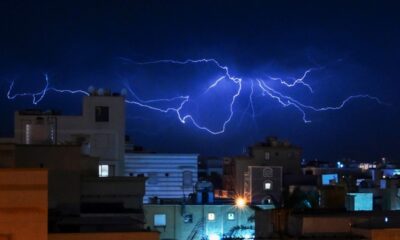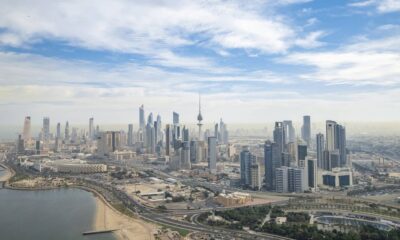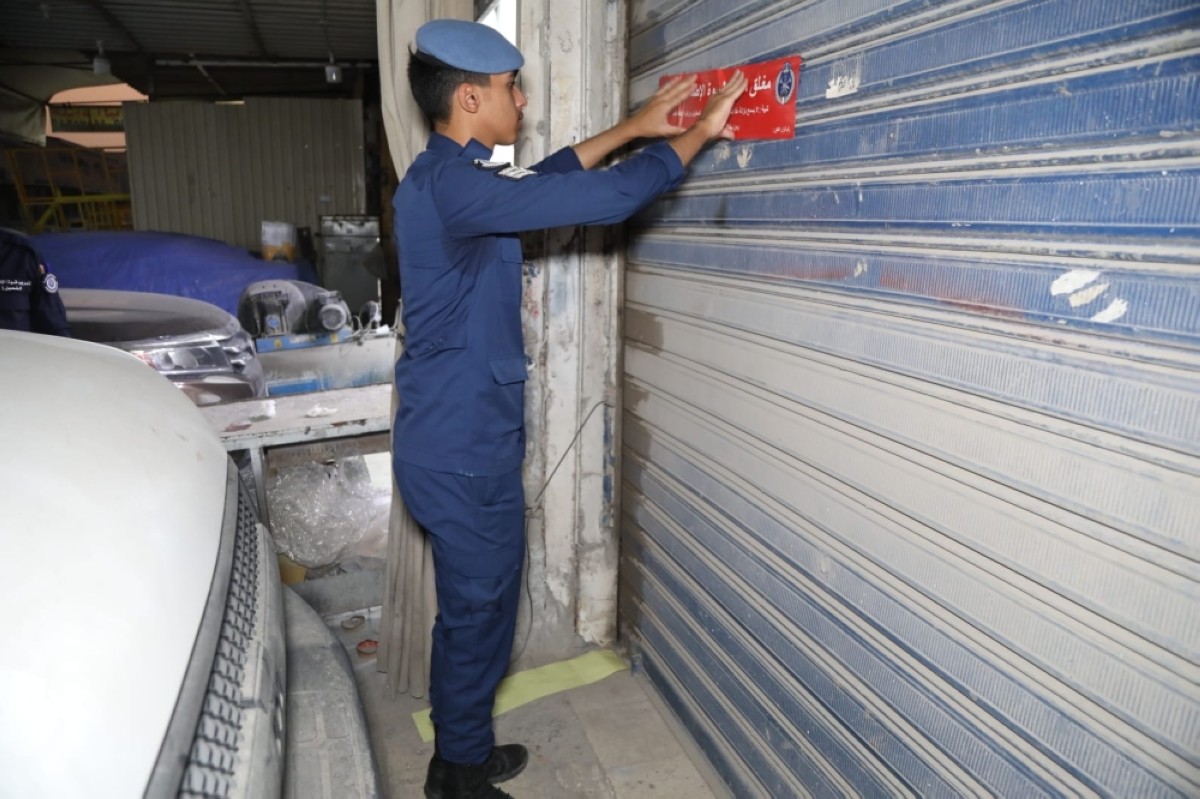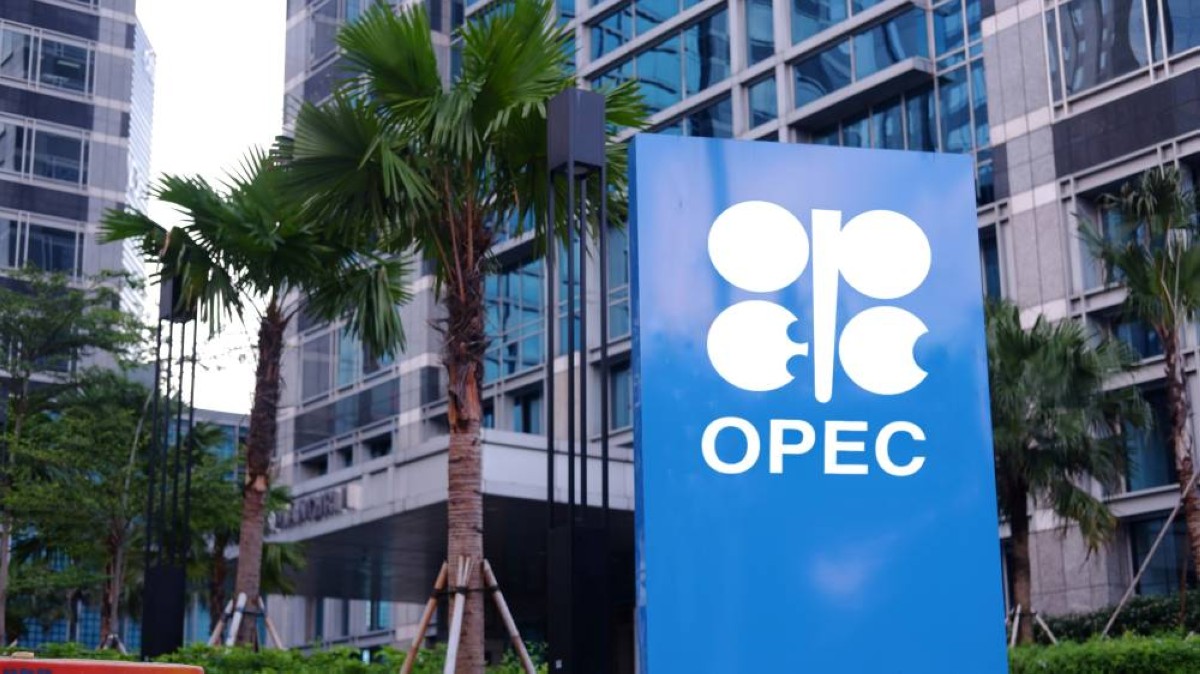KUWAIT: Kuwait Fire Force is shutting down dozens of businesses each week as part of a sweeping crackdown on fire safety violations. The surprise inspections, now “significantly intensified” under Major General Talal Al-Roumi, aim to reduce fire risks before they turn deadly. “Just this week alone, we launched three campaigns in three different areas across Kuwait,” said Major Abdullah Boushehri, inspector at the Fire Force’s Prevention Sector, in an interview with KTV news.
Some of the most serious violations are turning up in areas like Shuwaikh and Ardhiya, where workshops, warehouses and storage facilities are clustered tightly together. Violations range from expired licenses to improper storage of flammable materials and faulty wiring.
‘Dangerous conditions’
Major Boushehri described an incident where inspection teams found flammable materials packed to the ceiling.
“Let’s say there’s a huge number of cardboard boxes… they’re stacked up to the ceiling. If a fire breaks out, God forbid, the sprinklers won’t be able to handle it,” said Boushehri. Those boxes also “block all escape paths,” he added.
Negligence around electrical systems is also a key risk factor. “If there’s an exposed wire or a bulb with a loose wire, it could ignite the whole area,” he said. Inspectors regularly check if wires are installed properly and demand violations be fixed.
A major issue plaguing Kuwait for years is people living illegally in rooftop rooms divided by wooden partitions. “These partitions are very dangerous, and people underestimate how hazardous they are,” said Boushehri. “If one room catches fire, there aren’t proper walls to protect you; it spreads quickly.”
While that issue has largely been resolved, Boushehri said other risks persist, especially in markets such as Aswaq Al-Qurain, where many shops store synthetic materials that catch fire easily.
Different types of businesses are subject to different safety standards. “Paint storage has its own regulations,” he said. “For example, a food shop with canned goods and meats has different standards than a place that stores paint or wood.” These requirements are set by the Fire Force’s Project Study Department, which assesses the risk level of each type of business and assigns safety rules accordingly.
Mandatory license
In Kuwait, every business is required to obtain and renew a fire safety license. That includes proving that fire systems are installed and working year-round. “Before opening any business, you have to apply for a license and provide proof that you’ve installed a fire safety system and that it’s operational,” Boushehri said.
But many businesses fail to follow through or aren’t even aware that they’re in violation. He noted a common issue: a lack of clarity about who is responsible for the license — the property owner or the tenant. “The biggest mistake tenants make is they don’t check. They innocently rent a place … then realize they can’t get a fire safety license.”
And that misstep can prove costly. “Most businesses insure their goods, yes, but if your fire safety license has expired, insurance won’t cover anything.”
It’s the tenant’s responsibility, not the landlord’s, to ensure the license is valid, he added.
To avoid costly surprises, business owners are advised to “go there and ask: Does the building have a fire safety license? Are all the safety systems in place?” Confirming a valid and up-to-date license can save them from unexpected shutdowns and financial losses.
Recently, Fire Force officials have increased the frequency of their inspections, often with little or no warning. Inspectors shut down 161 industrial facilities and issued 221 citations during a large-scale inspection campaign in the Shuwaikh Industrial Area (Block 2) this week. “We don’t notify the business until maybe the day before the campaign, or on the day of. They don’t know in advance.”
If a business has no license or one that’s been expired for three months or more, “it gets shut down immediately.”
Strict enforcement
Teams from the Commerce Ministry, the Municipality, and the Environment Authority often join Fire Force inspectors on these site visits. They aim to catch violations in real-time and limit opportunities for business owners to clean up before they’re caught.
Inspections also now extend to construction sites. Even unfinished buildings must have operational fire systems in place. “Right now, any property we inspect that lacks a fire suppression system is immediately shut down — immediately,” said Boushehri.
Some business owners have pushed back on the sudden closures, calling them harsh. But Captain Boushehri defended the policy. “I’ll tell you. If, God forbid, a fire breaks out at that facility, it’s not just the business owner who will be affected. The fire could spread to neighboring facilities,” he said. “So, fire safety isn’t just about protecting yourself. It’s also for the safety of those around you, your neighbors too.”
When fires happen
When fires do occur, the Fire Force launches an investigation to determine the cause and whether someone is legally responsible. “The Investigation Department examines it and determines the cause: was it an electrical fault? Was it arson? Was it negligence?” said Boushehri.
Some fires are unavoidable, especially during Kuwait’s punishing summers. “A few days ago, there was a fire caused by wood on a rooftop. The wood caught fire due to extreme heat,” he said.
But many incidents are preventable. “Usually, it’s something like someone smoking and tossing the cigarette, or having a fire pit nearby,” he added.
Even with record-high temperatures, Boushehri said human error remains a key factor. “Yes, the temperature is very high,” he said. “But there’s also negligence from the facility owner. Maybe they’re storing things improperly. Maybe there are exposed wires.”
Officials are urging business owners to double-check their compliance, or risk being shut down next. “If a fire starts, the people present, your workers, your shops — they’re all under your care. You are accountable before God and before the state.”
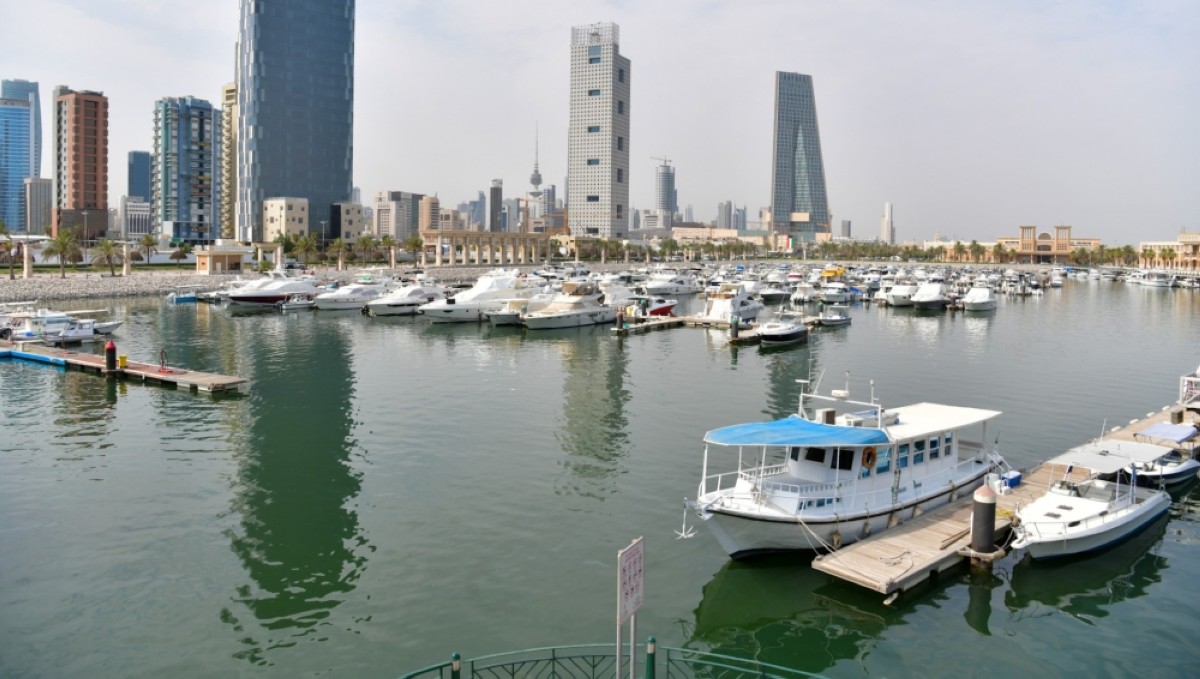
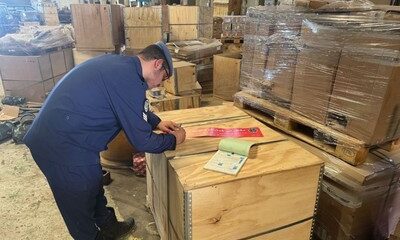
 Politics23 hours ago
Politics23 hours ago
 Business23 hours ago
Business23 hours ago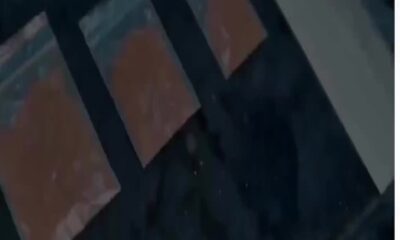
 Politics17 hours ago
Politics17 hours ago
 Latest News21 hours ago
Latest News21 hours ago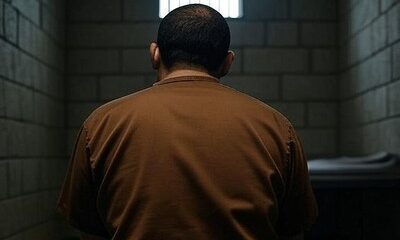
 Politics14 hours ago
Politics14 hours ago
 Latest News17 hours ago
Latest News17 hours ago
 Politics20 hours ago
Politics20 hours ago
 Latest News12 hours ago
Latest News12 hours ago
